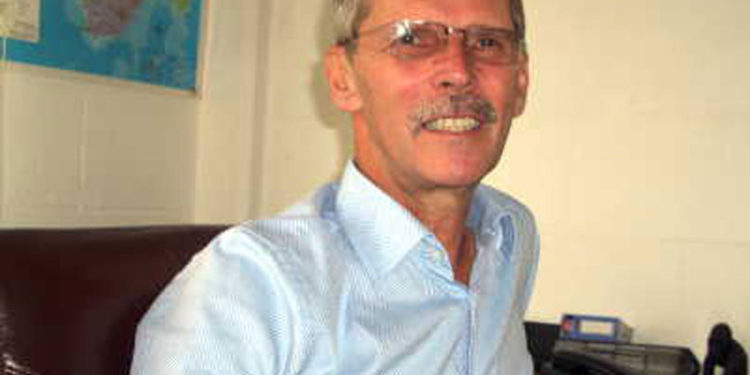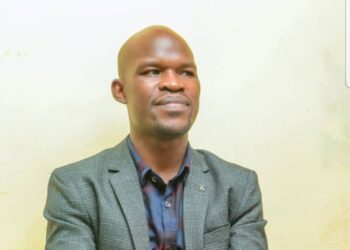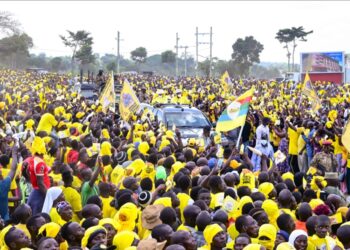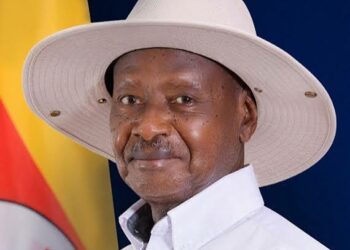Uganda is not one homogenous culture but is made up of many tribes with their own sub-cultures. At the last count there were 56 and President Museveni has promised to add the Indian tribe to that number. On the first occasion when I met President Museveni he asked me, ‘Which tribe are you?’ which confused me until I realised he was inquiring after my ethnic origins – Irish. Since then on various occasions he has asked ‘How are our people there?’ again referring to the Irish tribe. We all have our origins somewhere and in my case I am a Celt. The Irish arise from the Celtic tribes, while the English are Anglo Saxon.
Since Africa was colonized and borders were drawn cutting through communities and grouping tribes together as nation states, various tribes who were historically at enmity found themselves part of the same nation. When independence arose it was not possible to revert to the former tribal structure, and the various tribal groups had to come together under the new national identities. While in Ireland there had been warring clans in the mists of ancient history, it was so long ago that the clans had mostly become unified. What had not become unified was religion.
The identity which either tribe or religion confers is powerful but sometimes incendiary. In Northern Ireland Protestantism was identified with the Plantation of Ulster by Scottish Celts, while Catholicism was identified with Irish Celts descended from the old Irish. The fact that the Settlement of Ulster took place four hundred years ago made no difference to the feeling that these Protestant plantation settlers were outsiders. And the fact that they continued to maintain allegiance to the Crown after the establishment of the Irish Free State served to confirm the suspicion that they were not proper Irish people. Hence we had the religious and tribal divide that sparked the Troubles’ in Northern Ireland, which led to the death of 3,000 people.
In Uganda we have the same potent mix of tribalism and religion that divides people, but is at the root of so much of the culture that defines us – both good and bad. We have witnessed this in recent events around the death of the Speaker. The fact that he was from the North was very important in how the ceremonies were carried out, and the various suspicions and conspiracy theories that he was poisoned, were reinforced by the incident in which the tent blew away. These became big issues because they have their origins in tribal cultures.
The net effect of this is that the politics of the country must reflect the tribal balance, so there are tribal considerations to be taken into account in terms of who gets which position in government. If there is not regional balance there will be loud complaints from tribes who feel they are under-represented. As a result we have Ministers who are there to represent their tribe rather than because they are really necessary to do the job, so we end up with a bloated cabinet. One can find countries like Germany with only 20 cabinet ministers while Uganda has 71 (third largest cabinet in the world). All this comes with a price tag, so we spend a huge amount on public administration while other priorities such as health take second place. We then complain about the lack of funding, but we can’t have it both ways.
Another effect of the cultural importance of one’s tribe is divided loyalty. While Ugandans feel nationalistic when the Cranes are playing, their tribal loyalties may trump their patriotism in a different context. Tribal loyalties also find their expression in the everyday workplace where members of the same tribe are reluctant to show disloyalty to their fellow tribes-mates in the case of wrongdoing. Also a person may not call out a workmate because of traditional beliefs around witchcraft or being cursed by the aggrieved party. All of this militates against the practices of a modern state and an efficient economy.
If we compare the contrasting speed of development between Uganda and Singapore, one big difference is that Singapore had a strong leader who took the view that the most efficient way to develop was to ignore traditional cultural issues, and the benefits were sufficient that the Malays and the Chinese were able to set aside such issues. We can have tribalism or modernism, but it is hard to balance both, which makes it difficult for Africa since we are so close to our traditional tribal roots.
Do you have a story in your community or an opinion to share with us: Email us at editorial@watchdoguganda.com














